Android 4.4 and microSD cards: the state of things
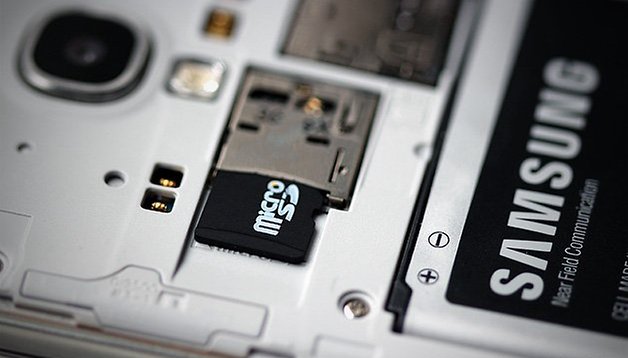

Many of the latest smartphones are getting Android 4.4 KitKat rolled out to them, however, many users are reporting some issues after updating to the latest OS update: if you’re sporting a microSD card on your device, it may no longer work properly. If you’re wondering why this is happening and how you can fix it, we’ll show you how.
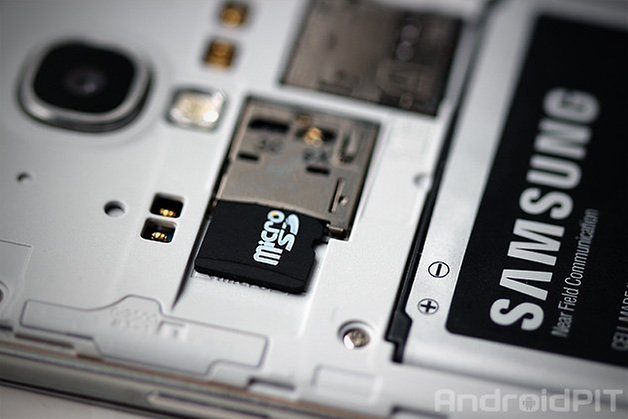
Background
After the update to Android 4.4 KitKat, many users have been complaining about problems with apps (for example, music and camera apps). But what exactly is happening?
Prior to Android 4.4, any app had complete access to the SD card and what this means is that any app could not only read the entire contents of the SD card, but also had global write access to the card. As such, a malicious app could be in the position to read the information stored to the SD Card by other apps (often called a banking app) or even make changes to the data. This is of course one of the reasons why Google has introduced the change to SD cards with Android 4.4.
Apps can now only access a portion of the SD Card now with KitKat, which is confined to each app. Read access is still possible, for example, so that alternative galleries can gain access to pictures. As well, when you uninstall an app from your device, the corresponding folder is now delete on the SD card so that no garbage is left behind.
Effects
Before you update a smartphone with a microSD card to Android 4.4 KitKat, you should consider the following things:
- Apps that are installed on the SD Card after the Android update will lose their data and have to be reinstalled.
- Due to the API change, many apps that haven’t been updated for KitKat won’t work properly. Therefore, it is advisable to check in advance what apps are affected and whether the developer has issued an update for KitKat or whether there is an alternative app that will work.
Solutions
For users with root privileges, there are several apps that will restore the old behavior. One of them is called SDFix. The app works by accessing /system/etc/permission/platform.xml and modifying it so that apps have permission to WRITE_EXTERNAL_STORAGE, giving them complete access to the SD card.
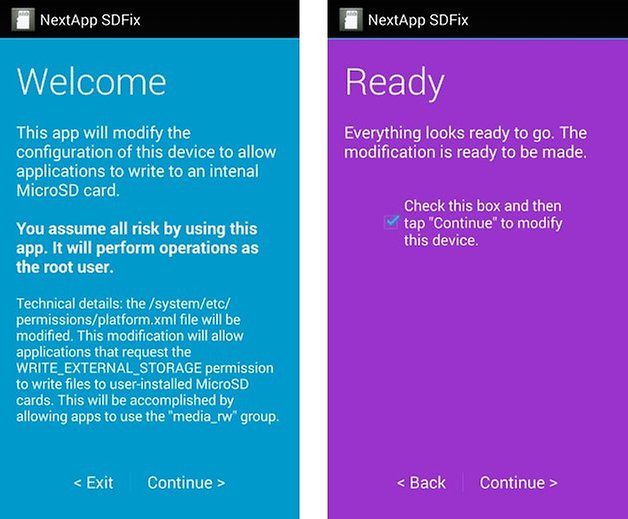
Without root access there is no such possibility, unfortunately. As such, you’ll need to consider whether the apps that you have installed are updated for Android 4.4 KitKat and if not, if there is a comparable alternative app that you can use instead. Or you can skip the Android 4.4 update completelely and go about business as usual. However, this is usually a moot point as most popular apps have been already been modified for Android 4.4 KitKat.
Conclusion
With the change to the write access to SD cards, Google has added another layer of security that may cause some hindrance to users who aren’t used to it. Right now, a universal solution doesn’t exist and it relies solely on app developers to make the proper update so that they can continue to function properly. For many users, this is a hindrance and they simply just want the same abilities they had with Android 4.3. Despite everything, it should be considered that Android is a continually evolving system and despite the drawbacks of this change to SD cards, this is an important security update to the






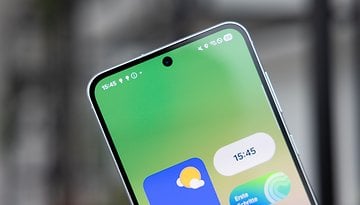
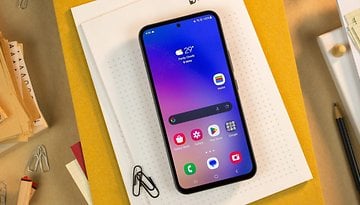









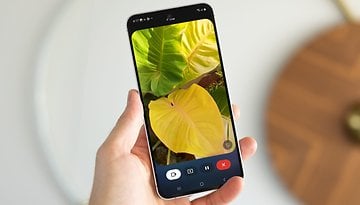


I wouldn't touch Kit Kat with ten foot pole, and I think it's going to lead to an epidemic of "forking" Android by OEMs. Before this view is written off as crank, I'll point out news coverage in the last two days:
PC World covered three new desktop Android "all in one" PCs running ... Jelly Bean. No problem accessing external hard drive.
Bloomberg interviewed the CEO of Sprint Telecom, all hot about a new HTC "Harmon Kardon" smartphone that will offer audiophiles lossless audio playback from huge microSD libraries (sold with high end earphones). He repeatedly referred to users' ability to store huge audio files for this phone on 128gb microSD cards.
Nobody in the world is interested in "work arounds" for Google's idiotic gambit with Kit Kat. Google is literally crippling Android and it's not a matter of geek fun "working around" that. Nobody is going to provide 128gb of internal storage for lossless audio or for a desktop computer. Kit Kat is literally the stupidest thing in tech since Windows ME.
Android is a smartphone operating system developed by the search provider Google. While the Android OS has been in use since 2008, regular updates and support for Google keeps Android the leading-edge system it is today.
This may be true (well it is, obvoiusly) BUT there are thing to do and things not to do, and THIS was too much.
If Google is going to restrict apps and games to be installed on SD card stop selling me a $800 phone with 16GB of user storage.And truthfully after the OS and all the bloatware,It ends up being around 9GB user storage.At the very least it should start with at least 32GB.I got away from Samsung because they stopped offering more than 16GB(But the salesman still hypes the fact it can be bumped up to 64GB via SD card)I went with the LG G2 that starts out with 32GB.And had to root my Samsung tablets with 16GB.Which is ridiculous,that I have to void my warranty to enjoy it's full potential.Besides that ,most consumers don't have a clue on rooting or don't want to chance bricking up their new $400 tablet or $700 cell phone.
Note 3 also starts with 32.
I updated 3 weeks ago and have had no problem with my sd card. apps are still functioning properly.
are you also trying to write to your microSD with NON-preinstalled apps???
Especially xoz most apps don't overflood the microSD but rather the internal storage, which is rather a point. Apps should write their small fry into the Android data directory or directly into their respective private data folders, and only user relevant data (like music or alike gets stored into the internal or microSD root...